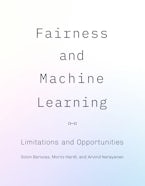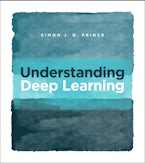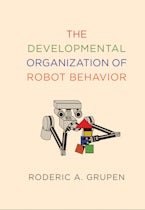foreword by Lashon Booker
To program an autonomous robot to act reliably in a dynamic environment is a complex task. The dynamics of the environment are unpredictable, and the robots' sensors provide noisy input. A learning autonomous robot, one that can acquire knowledge through interaction with its environment and then adapt its behavior, greatly simplifies the designer's work. A learning robot need not be given all of the details of its environment, and its sensors and actuators need not be finely tuned.
Robot Shaping is about designing and building learning autonomous robots. The term "shaping" comes from experimental psychology, where it describes the incremental training of animals. The authors propose a new engineering discipline, "behavior engineering," to provide the methodologies and tools for creating autonomous robots. Their techniques are based on classifier systems, a reinforcement learning architecture originated by John Holland, to which they have added several new ideas, such as "mutespec," classifier system "energy," and dynamic population size. In the book they present Behavior Analysis and Training (BAT) as an example of a behavior engineering methodology.
Bradford Books imprint












